In industrialised nations the cost of preventing and dealing with corrosion costs hundreds of billions of dollars each year. In many developed countries the cost of keeping metal structures safe from corrosion is significant.
Iron, in the form of steel, is predominantly used in the construction of huge structures. This is because steel is strong and relatively cheap to produce.
Steel is an alloy. An alloy is a metal with another element mixed in with it. Steel is a mixture of iron and a small amount of carbon .It is significantly stronger than iron as a building material.
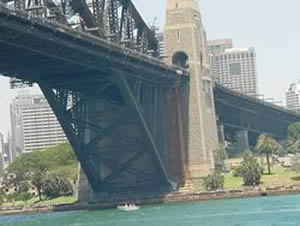
Although steel is a strong structural material it reacts with oxygen in the air to form rust. Rust weakens the metal structure and if it is allowed to proceed unchecked can cause the metal to fail.
Oxygen is a strong oxidant. That is, it is very good at taking electrons from other elements especially metals. When oxygen reacts with metals it forms a compound called an oxide. It reacts with iron to form iron oxide(rust), with copper to form copper oxide and with aluminium to form aluminium oxide, just to name a few.
Click to see the interaction between oxygen molecules and iron atoms.
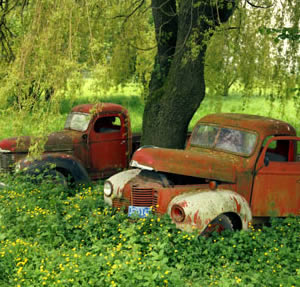
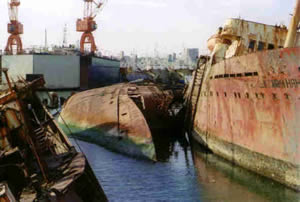
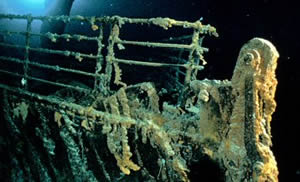
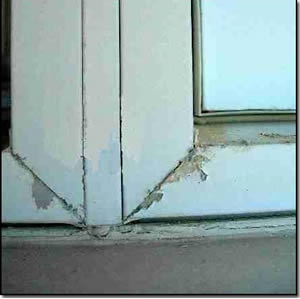
Although harder to rust than iron copper is also subject to rusting.
Most metals will corrode not only in the presence of oxygen but with other chemical compounds such as acids.
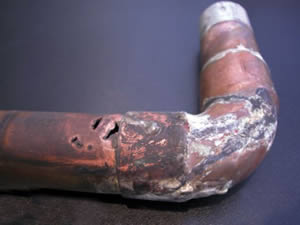
When connecting two different metals together one will cause the other to corrode at a faster rate. On the right is a copper pipe welded to an iron pipe. The copper is causing the iron pipe to rust at a faster rate than normal.
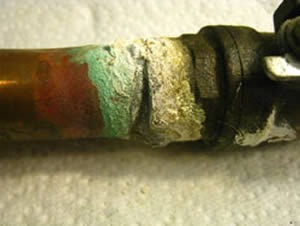
Galvanised iron is iron covered in zinc. The iron causes the zinc to rust and this prevents the iron from rusting.
We use galvanised iron for roofing. It is cheap and will last for many years without rusting.
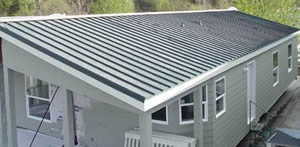
Some metals, such as gold, are very hard to rust. Oxygen can not take electrons from the gold atoms. This is why gold is found in its pure form in nature.
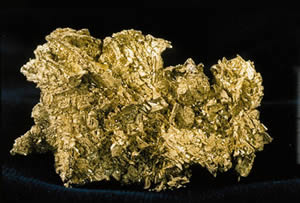
Iron and most other metals, are rarely found in there pure form. Iron is commonly found as iron ore (iron oxide). This red dust is mined and processed to recover the pure metal.
Copper also exists in many colourful ores.
Metals that rust easily, or give up their electrons easily, are known as reactive metals. Iron, for example, is more reactive than gold because it will readily give up electrons to oxygen while gold will not.
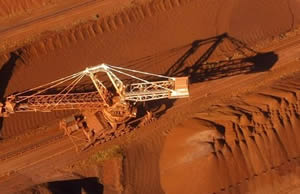
This is because: